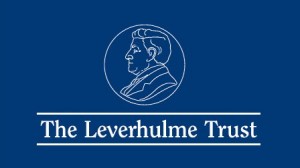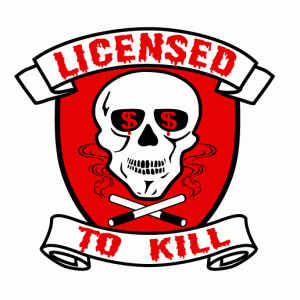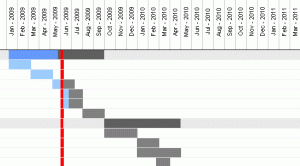I joined DEC as a lecturer about a year ago. My research focuses on mining streaming data. We are building predictive models (e.g. to recommend an interesting text to a user) that can diagnose themselves and automatically adapt to changes in data over time.
This week I submitted my first grant proposal as a principal investigator. When I was asked to share my experiences on preparing the proposal, I thought I’d rather wait for the outcome. Still, in this post I will share some experiences and tips for those planning to apply for their first grant, which I think are valid no matter if my proposal gets funded.
Start early. Preparing the proposal took about six months. I started drafting the proposal back in October-November. In November I attended an excellent internal workshop on bidding given by Dr. Martin Pickard. I highly recommend to attend his workshops if you have an opportunity. They give you an insight perspective on bidding processes.
Decide about the funding program and stick to it (right after you have an idea about the content and potential collaborators). I have some experience in preparing proposals at my previous institutions (not as a PI, including successful bids), The content requirements seem to vary a lot. So you need to tailor your proposal. I picked the First Grant Scheme within EPSRC, which is a very nice option for early career researchers. The proposals are evaluated only against other early career researchers and no previous experience as a PI is expected.
Decide what you want to get from the bid. A research assistant? Equipment? Contact RKE OPS right from the start, you may be surprised how little fits under the estimated budget, because there are overheads. For instance, the funding cap for the First Grant within EPSRC is 125 TGBP, which effectively means that you can budget a research assistant for up to one year, some of your time, maybe some equipment or some traveling and that’s it. RKE OPS will give you advices on the financial side and help you to do your budget. Your budget restricts how much content you can plan for the proposal to be realistic and feasible, so this should be one of the first decisions to make.
Get as much feedback as you can. During the process I got three reviews from the internal review process (the RPRS, contact Caroline O’Kane), multiple feedbacks from Caroline herself, feedbacks from my line manager, feedbacks from the organizer and the participants of an external workshop on bidding that I attended, and from Dr. Martin Pickard by phone as a follow up of the workshop in November. All this feedback was extremely valuable and helped me to shape my proposal. That also gave a perspective how people from different fields see the proposal and which parts need to be clarified. I must say incorporating the feedback was much more challenging than writing the first draft. Naturally, there were quite some opposing comments and contradicting views by different people. First I was confused, but later I found that extremely valuable, as that helped me to form a big picture of the bidding philosophy.
I’ve learned a lot during this process. I am very grateful to all the reviewers and the research support people for their support. Thanks!










 We heard some excellent news at the end of last week that BU academics
We heard some excellent news at the end of last week that BU academics  That wasn’t me, it was Douglas Adams. Unlike Mr Adams, I’m not a big fan of the whooshing sound. I prefer my deadlines neatly pinned down.
That wasn’t me, it was Douglas Adams. Unlike Mr Adams, I’m not a big fan of the whooshing sound. I prefer my deadlines neatly pinned down. 














 SPROUT: From Sustainable Research to Sustainable Research Lives
SPROUT: From Sustainable Research to Sustainable Research Lives BRIAN upgrade and new look
BRIAN upgrade and new look Seeing the fruits of your labour in Bangladesh
Seeing the fruits of your labour in Bangladesh Exploring Embodied Research: Body Map Storytelling Workshop & Research Seminar
Exploring Embodied Research: Body Map Storytelling Workshop & Research Seminar Marking a Milestone: The Swash Channel Wreck Book Launch
Marking a Milestone: The Swash Channel Wreck Book Launch ECR Funding Open Call: Research Culture & Community Grant – Application Deadline Friday 12 December
ECR Funding Open Call: Research Culture & Community Grant – Application Deadline Friday 12 December MSCA Postdoctoral Fellowships 2025 Call
MSCA Postdoctoral Fellowships 2025 Call ERC Advanced Grant 2025 Webinar
ERC Advanced Grant 2025 Webinar Update on UKRO services
Update on UKRO services European research project exploring use of ‘virtual twins’ to better manage metabolic associated fatty liver disease
European research project exploring use of ‘virtual twins’ to better manage metabolic associated fatty liver disease